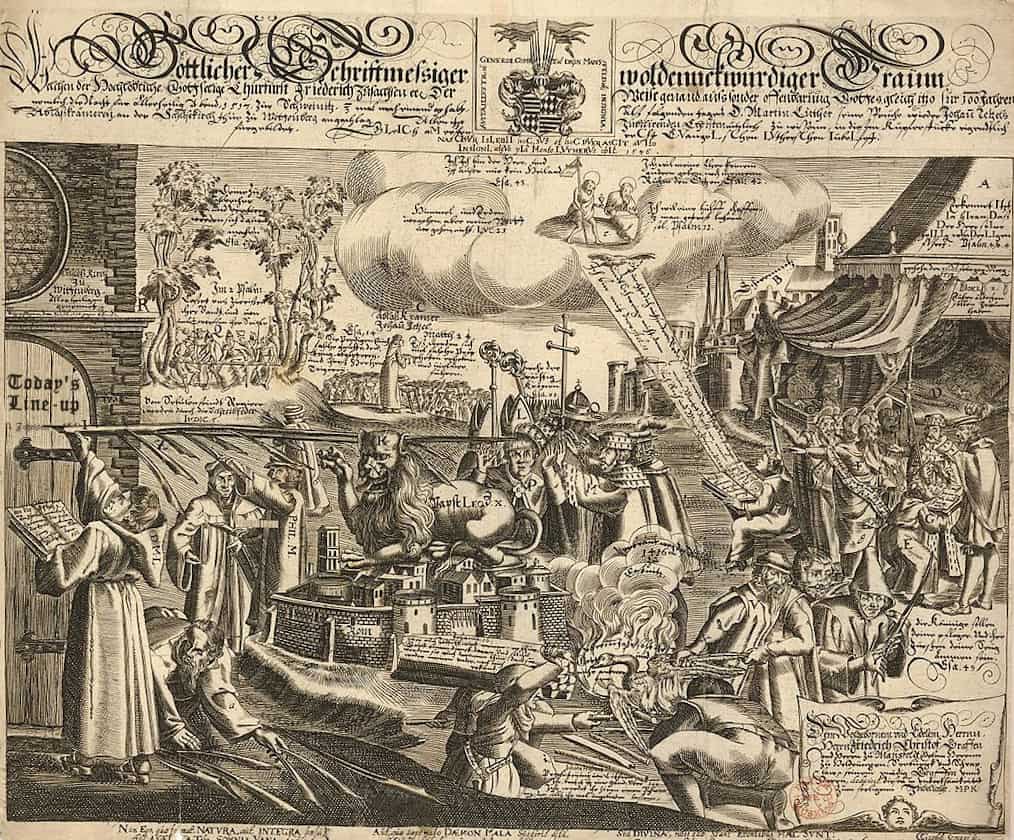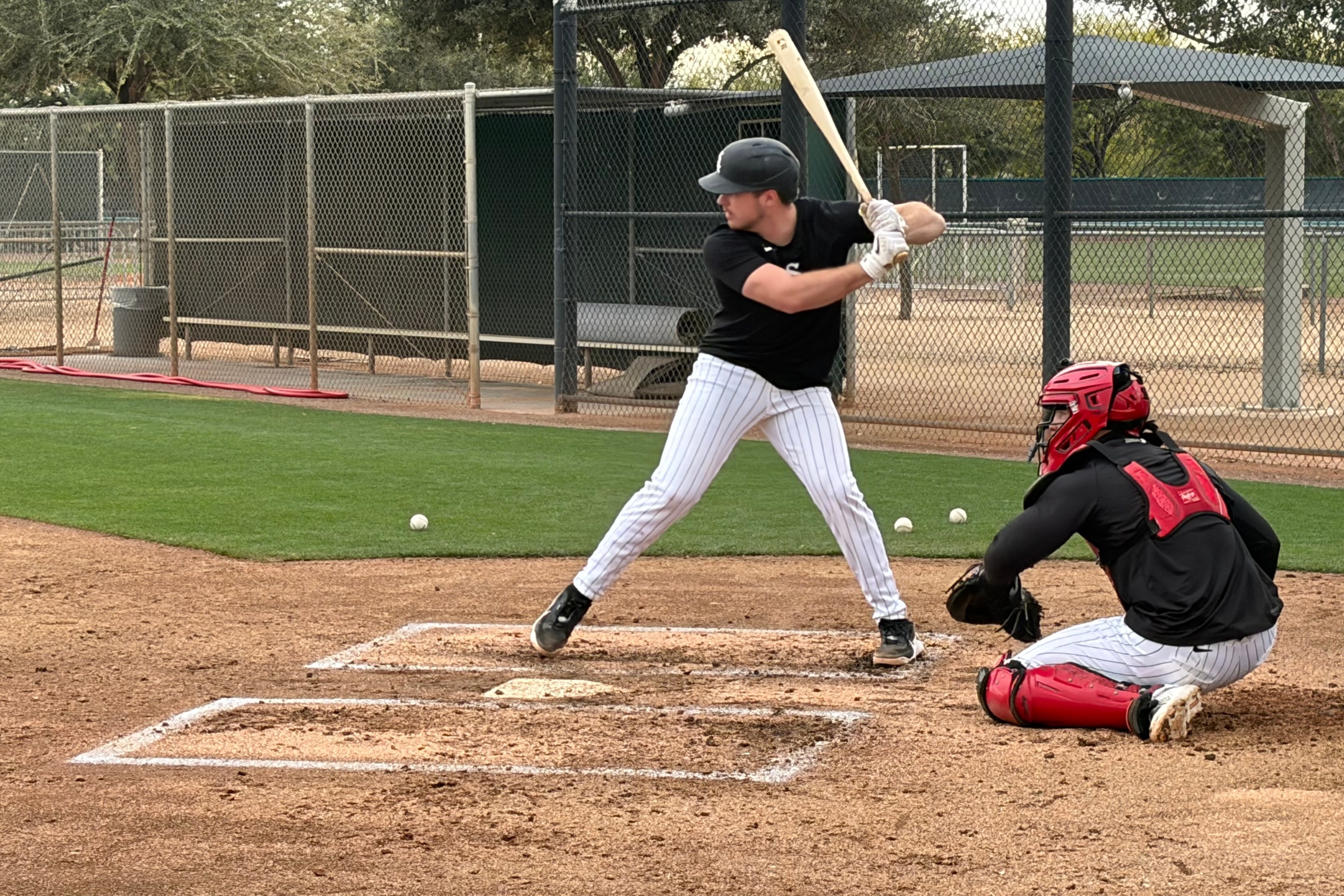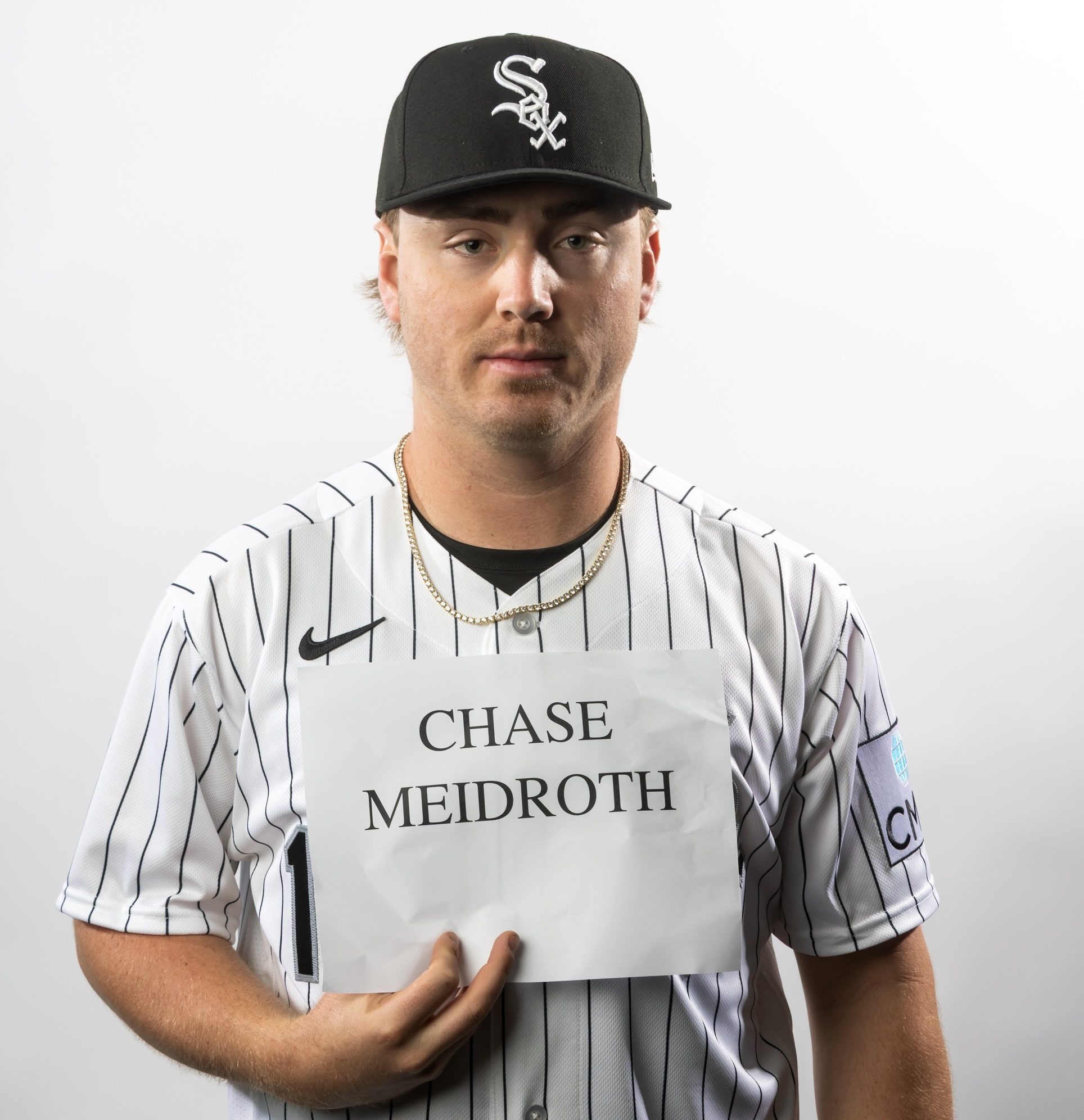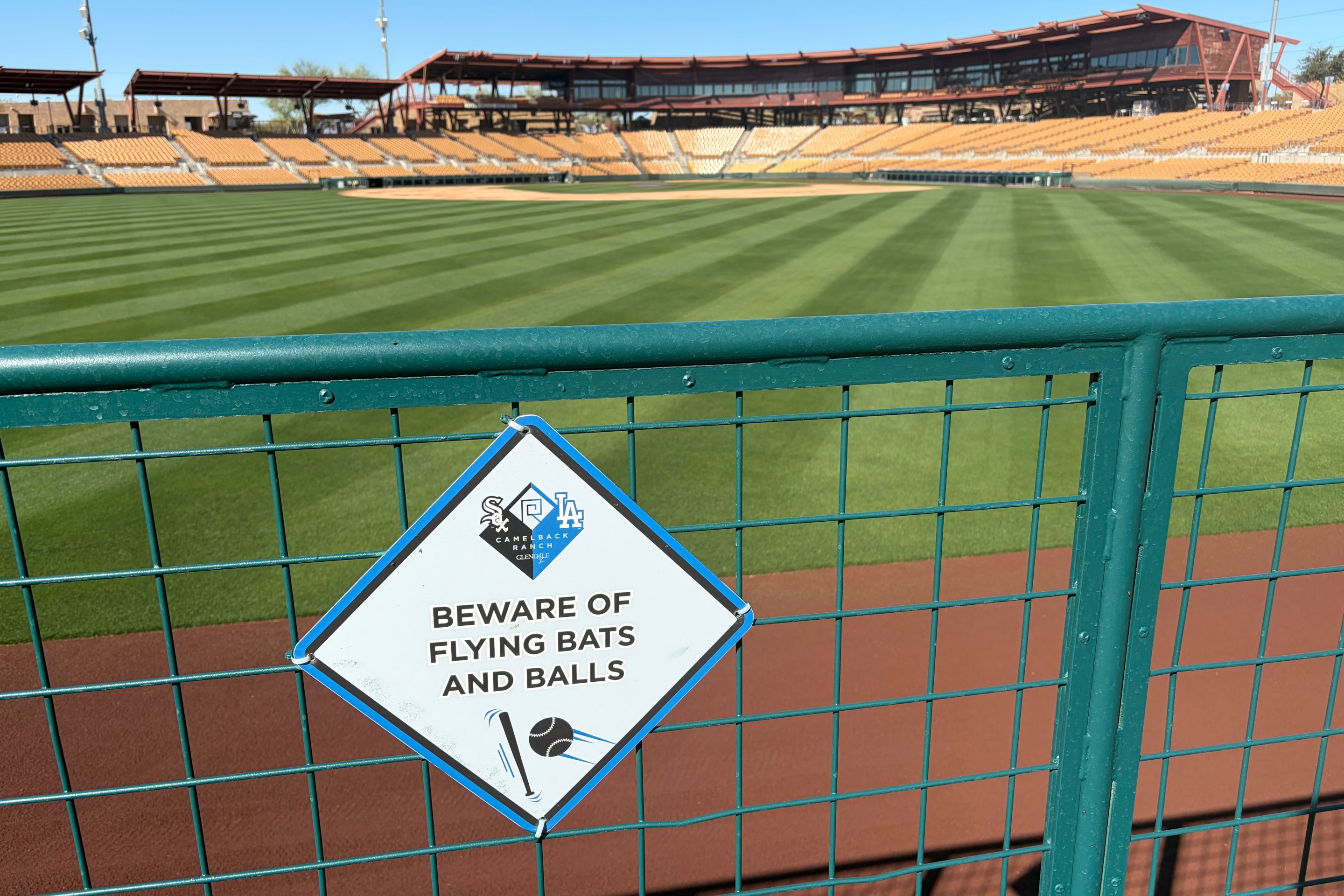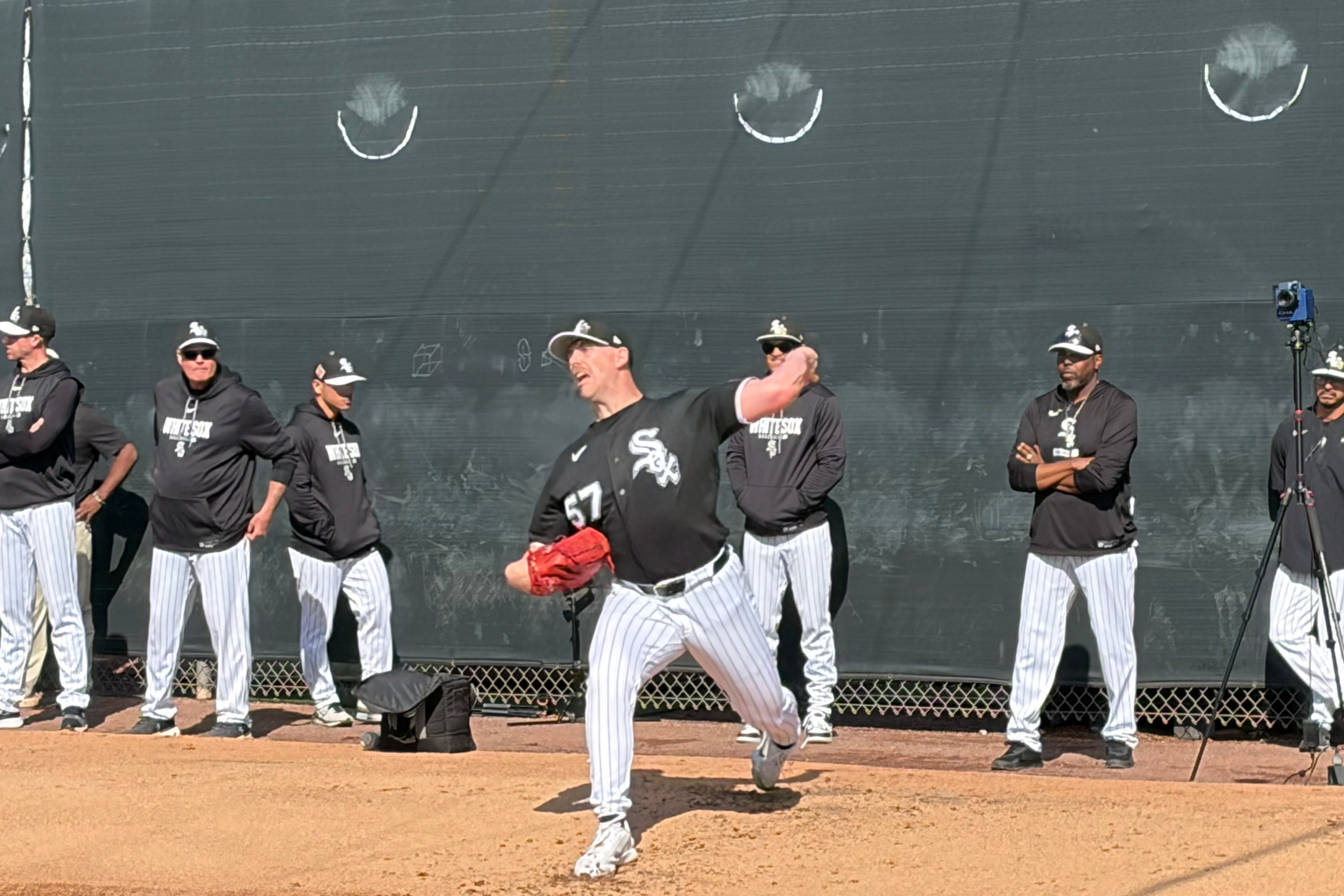While it's unsettling to be this far into the month of April without a Major League Baseball game in the books, most of us have been here before. Back in 1995, the season was just getting started around this time, as the league grudgingly resumed after then-U.S. District Judge Sonia Sotomayor issued an injunction against the league and prevented it from starting a new season with replacement players. The decision forced the sides back to the bargaining table, restoring free agency and arbitration under the previous terms. The players ended their strike, the owners didn't have the votes for a lockout, and so the real teams ended up taking the field, albeit a little later than usual.
Even then, the shortened MLB season opened on April 25, with the 1995 White Sox playing their first game the following day. By today's date, every team had a record in the standings. We have just officially reached unfamiliar territory.
Jeff Passan just posted an article at ESPN.com forging deep into the weeds of all the questions, contingencies and potential controversies surrounding the resumption of a potential MLB season. At best, Major League Baseball might be able to salvage an 80-to-100 game regular season spanning July through October. At worst, MLB doesn't have a season, and economic tensions between the league and the players' union reach a boil. In between, the league could get weird and try to pull off a supertournament.
When I said they're considering everything, I meant everything. Everyone wants the closest thing to a 162-game schedule. The absence of that or anything resembling it, however, doesn't necessarily preclude something truly imaginative from taking place.
"Give us 60 days," one official said, "and we could run an amazing tournament."
I thought about it and came up with this idea, which essentially would function as a baseball World Cup. The format: six hubs, five teams per hub. You could choose hub teams by division, which would be easy, or by geographic location with mixed leagues if you want to get really wild.
Whatever happens to baseball in 2020 -- or 2021, if that's when the earliest possible resumption is possible -- I have a feeling it's not going to be projectable with any kind of confidence. Training programs are interrupted at the top, and an abbreviated draft and the likely lack of a minor league season will disrupt the pipeline underneath. It could take years to recover.
While this catches the White Sox at an awful time -- they were just starting to deserve your hopes -- I've argued that it's even worse for teams like the Twins, who were in the middle of realizing their best-laid plans. It's also less optimal for the Indians, who have carefully tried to balance propping up their window while trying to set up a next wave of talent. The third place team has less to lose by definition.
Twenty-five years ago, the 1995 White Sox were on the wrong end of this exercise, and in a hurry. They fell five games out of first place in just seven games to a juggernaut Cleveland club, and they never rallied.
In the past, I've tangentially covered the oddities of those Sox in the stories of a couple players only hardcore fans would readily recall. Back on South Side Sox in 2012, I wrote about Scott Ruffcorn, who went winless over his five-year career, and whose teams went winless in every one of the 30 games he appeared. A year earlier, I noted how Warren Newson's insane ability to get on base was vastly underappreciated.
Both played a role -- or not enough of one -- on the 1995 White Sox. Ruffcorn was one of a few young pitchers who failed to fill the shoes of Jack McDowell, whom the White Sox dealt unceremoniously dealt to New York before what would've been one more contentious arbitration hearing. Newson couldn't crack the starting lineup, even though the White Sox had to find replacements for right field and DH, and only succeeded in one of those spots. He never seemed to harbor a grudge, even after a midseason trade sent him to postseason-bound Seattle.
These only scratch the surface of the strangeness of that squad. Some of these stories are baffling only in hindsight, because baseball has changed and everybody involved has a better idea of what contributes to success across the board. But other stories were immediately identified as unusual, whether because they were byproducts of post-strike working conditions (Alex Fernandez's in-season arbitration hearing), or because of the misfit talent to which Ron Schueler had to resort (John Kruk's in-game retirement). It's worth revisiting these idiosyncrasies as we try to anticipate what baseball might spring on us whenever it can return.
Since this unusual April will be followed by a baseball-less May, we'll have the time to dig into them over the coming weeks. I have about seven or eight posts in mind, but since I was in middle school and less aware of the baseball's economic issues, there may be twists that escaped my attention. Let me know your weird recollections of the season, and I'll see what turns up.
